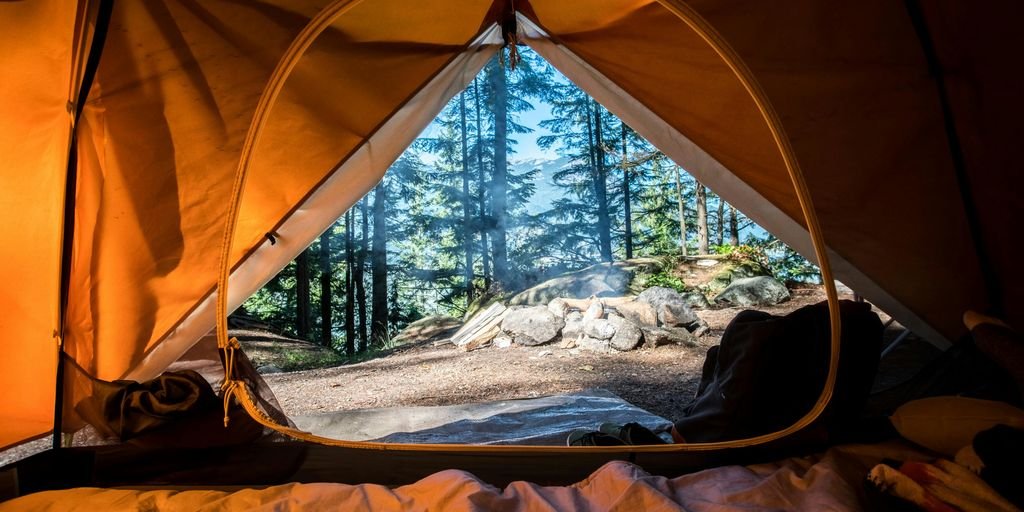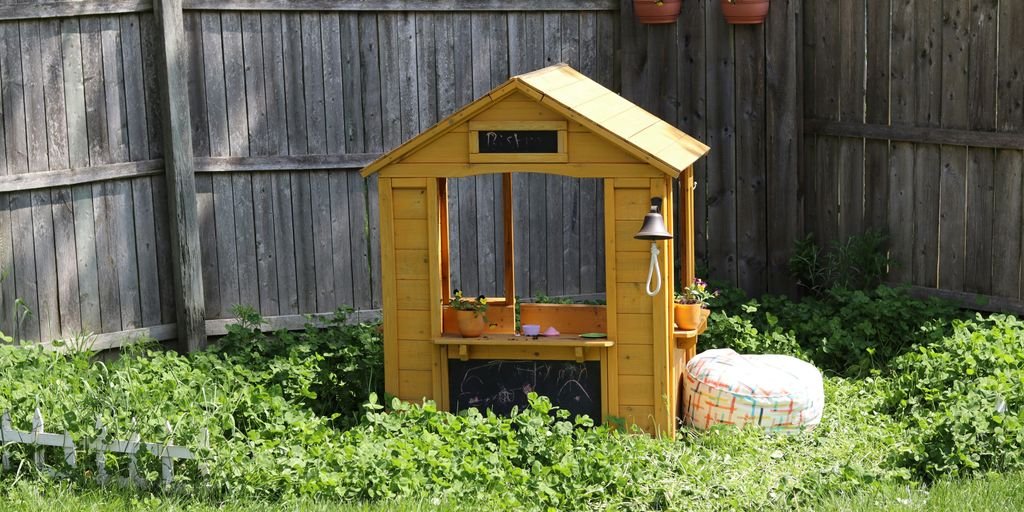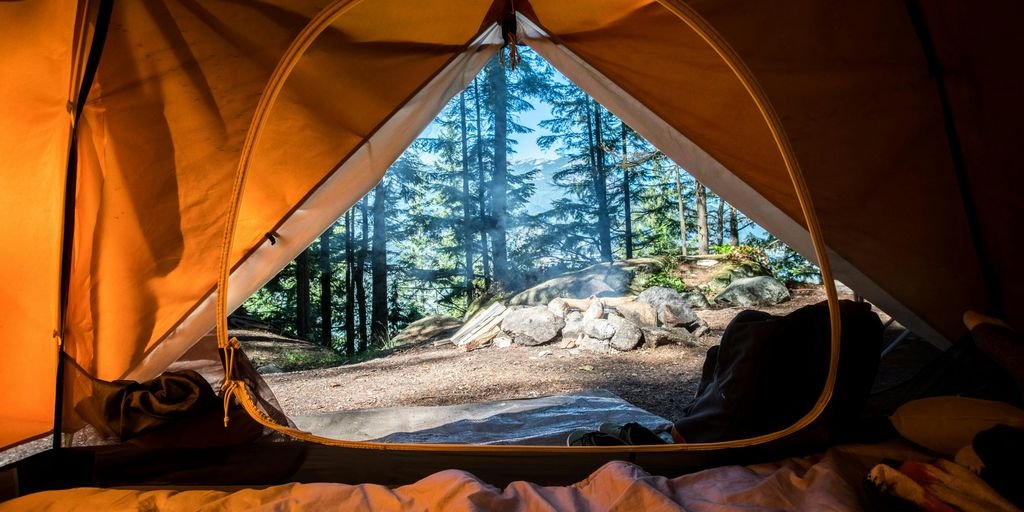Exploring the trend of outdoor living and its impact on mental health reveals a fascinating intersection of environment, psychology, and lifestyle choices. As more people recognize the value of outdoor spaces, especially in the wake of the COVID-19 pandemic, the relationship between nature and mental well-being has gained more attention. This article delves into how outdoor living not only enhances mental health but also contributes to physical well-being and social interactions.
Key Takeaways
- Outdoor living significantly reduces anxiety and stress, offering a tranquil escape from the urban hustle.
- Engaging with outdoor spaces can enhance mood and overall emotional well-being through exposure to natural elements.
- Designing aesthetically pleasing outdoor spaces can promote relaxation and social interaction, enhancing mental wellness.
- Scientific research supports the cognitive and emotional benefits of spending time in nature, including improved attention and lower stress levels.
- The trend of enhancing outdoor living spaces has grown, with many seeking to add value to their homes through functional and beautiful outdoor areas.
The Psychological Benefits of Outdoor Living

Reduction in Anxiety and Stress
Outdoor living spaces are pivotal in reducing anxiety and stress. The natural environment provides a calming effect, which significantly lowers cortisol levels, the body’s stress hormone. Regular exposure to outdoor settings can lead to long-term stress reduction and help in managing anxiety.
Enhancement of Mood
Outdoor areas are not just physical spaces but also a source of mood enhancement. Natural light and fresh air contribute to increased serotonin levels, improving overall mood and feelings of happiness. Activities in these spaces, such as gardening or relaxing, amplify these effects.
Improvement in Physical Wellbeing
The physical benefits of outdoor living are profound. Engaging in physical activities in these spaces, like walking or yoga, promotes cardiovascular health and muscle strength. Additionally, the fresh air contributes to better respiratory health. This holistic improvement in physical wellbeing further supports mental health, creating a positive feedback loop between physical and mental health.
Designing Outdoor Spaces for Mental Wellness

Consideration of Aesthetic Elements
Creating an aesthetically pleasing outdoor space is not just about beauty; it’s about fostering an environment that promotes mental wellness. Thoughtful design choices can transform a simple backyard into a serene escape, where every element contributes to a calming atmosphere. Incorporating elements like water features, harmonious color schemes, and soft lighting can significantly enhance the psychological benefits of an outdoor space.
Integration of Nature
Integrating natural elements into outdoor spaces is crucial for mental wellness. Plants, water bodies, and natural materials not only beautify the space but also connect us to the natural world, enhancing our mood and reducing stress. A well-planned garden or a simple arrangement of native plants can be a sanctuary for both people and wildlife, promoting biodiversity and emotional well-being.
Functional Layouts for Social Interaction
Designing outdoor spaces that encourage social interaction can greatly improve mental health. Functional layouts that facilitate gatherings, whether for family meals, social events, or quiet conversations, help build a sense of community and connection. Consider creating various zones in your outdoor area, such as dining areas, fire pits, or cozy seating arrangements, to accommodate different social activities and enhance the overall quality of life.
The Role of Nature in Mental Health

Cognitive Benefits
The connection between nature and cognitive function is well-documented. Exposure to natural environments has been shown to enhance cognitive abilities, such as improved attention, memory, and creativity. Studies indicate that even brief interactions with nature can lead to significant increases in cognitive performance, particularly in tasks that require high levels of concentration.
Emotional Well-being
Nature’s impact on emotional health is profound. Regular exposure to green spaces can significantly reduce symptoms of depression and anxiety, promoting a more stable and positive emotional state. The calming effect of natural settings helps to lower stress levels and improve overall mood.
The mechanisms in the relationship between nature contact and psychological wellbeing include attention restoration and stress reduction.
Connection to Green and Blue Spaces
The specific types of natural environments, such as green (forests, parks) and blue (rivers, oceans) spaces, play a crucial role in mental health. These environments offer unique benefits, with blue spaces often associated with higher levels of mental tranquility and green spaces linked to increased physical activity and social interaction. Both types of spaces are essential for fostering a lower connection to nature and enhancing mental health resilience.
Family Time in the Great Outdoors

Overcoming Barriers to Outdoor Activities
Busy schedules and differing opinions among family members often hinder plans for outdoor activities. Implementing a structured schedule with activities that cater to all family members can significantly enhance participation and enjoyment. Here are some practical steps to increase family time outdoors:
- Take a walk after dinner.
- Schedule a weekly family park date.
- Let each family member choose an outdoor activity, and plan these systematically.
Benefits of Shared Outdoor Experiences
Shared outdoor activities not only strengthen family bonds but also improve mental health. Engaging in activities like hiking, picnics, or sports allows family members to connect on a deeper level, fostering communication and understanding. The positive feelings generated from these experiences are a powerful boost to mental wellness.
Creating Lasting Memories
Outdoor spaces are perfect settings for creating cherished family memories. Whether it’s a backyard barbecue, a birthday party outdoors, or a casual gathering, these moments contribute significantly to emotional well-being and a sense of community. The impact of these shared experiences on mental health and overall quality of life is profound, making every outdoor moment worth investing in.
Trends in Outdoor Living Enhancements

Recent Increases in Outdoor Space Valuation
The valuation of outdoor living spaces has seen a significant rise, particularly highlighted during the COVID-19 pandemic. 90% of Americans now recognize their outdoor living space as more valuable than ever before. This shift underscores a growing appreciation for the benefits these spaces offer in terms of lifestyle and property value.
Popular Upgrades During COVID-19
During the pandemic, many homeowners took the opportunity to enhance their outdoor areas. Key upgrades included:
- Outdoor lighting (52%)
- Lounge chairs or chaises (51%)
- Fire pits (49%)
- Dining tables with chairs (42%)
These enhancements not only improve the aesthetic appeal but also the functionality of outdoor spaces, making them more conducive to relaxation and social interactions.
Future Outlook on Outdoor Living Spaces
The trend towards investing in outdoor living enhancements is expected to continue. As people seek more ways to blend indoor comfort with the beauty of nature, outdoor spaces are set to become even more integral to home design. This evolution will likely see more sophisticated and multifunctional features being incorporated into these areas.
Practical Tips for Maximizing Outdoor Enjoyment

Design Options for Elegant Outdoor Areas
Creating an elegant outdoor living area begins with blending indoor comfort with the allure of nature. Consider incorporating ambient lighting, weather-resistant furniture, and an outdoor kitchen to elevate the space. Choose materials and designs that withstand the elements while enhancing aesthetic appeal.
Incorporating Family-Friendly Features
To ensure your outdoor space caters to all ages, include features like safe play equipment for children, comfortable seating for adults, and versatile areas that can adapt to various family activities. This approach not only makes the space more usable but also encourages more family time outdoors, which is crucial for mental health.
Choosing the Right Equipment and Furnishings
Selecting the right equipment and furnishings can make or break your outdoor experience. Opt for durable, high-quality items that offer comfort and style. Consider the following list for a well-equipped outdoor area:
- Weather-resistant furniture
- Efficient outdoor cooking appliances
- Ambient and task lighting
- Heaters or fire pits for cooler evenings
By focusing on these practical tips, you can maximize the enjoyment and functionality of your outdoor living spaces, making them a true extension of your home.
Scientific Insights on Outdoor Spaces and Mental Health

Research on the Benefits of Nature Exposure
Scientific studies have consistently shown that exposure to nature leads to numerous mental health benefits. Key findings include improvements in mood, reduced stress levels, and enhanced cognitive functioning. Nature exposure has been linked to lower rates of depression, anxiety, and stress disorders.
Impact of Urban and Remote Natural Settings
The impact of natural settings on mental health varies by the type of environment. Urban green spaces, while beneficial, often offer different levels of mental health improvements compared to more remote, natural settings. Remote areas typically provide more significant benefits due to their higher biodiversity and fewer urban stressors.
Psychological Advantages of Biodiversity
Biodiversity in natural settings plays a crucial role in enhancing psychological well-being. Diverse ecosystems not only support physical health but also contribute to emotional and mental health. Studies suggest that environments with higher biodiversity improve feelings of happiness and emotional stability.
Conclusion
In conclusion, the exploration of outdoor living and its profound impact on mental health reveals a compelling trend that underscores the importance of integrating nature into our daily lives. From reducing anxiety and improving mood to fostering social connections and enhancing physical well-being, the benefits are vast and well-documented. As we navigate the complexities of modern life, embracing outdoor spaces not only enriches our quality of life but also serves as a vital component of our overall mental health strategy. Whether through small daily interactions with nature or significant lifestyle adjustments, the path to a healthier mind might just be outside our doors.
Frequently Asked Questions
What are the psychological benefits of outdoor living?
Outdoor living can significantly reduce anxiety and stress, enhance mood, and improve physical wellbeing. Exposure to natural environments has been consistently shown to have positive effects on mental health.
How can outdoor spaces be designed to enhance mental wellness?
Designing outdoor spaces with aesthetic elements, integration of nature, and functional layouts for social interaction can promote relaxation and foster a sense of community, enhancing mental wellness.
What role does nature play in mental health?
Nature contributes to cognitive benefits, emotional well-being, and a connection to green and blue spaces, all of which are crucial for mental health.
What are the benefits of family time outdoors?
Spending time outdoors with family can help overcome barriers to outdoor activities, provide benefits of shared experiences, and create lasting memories, all contributing to improved mental health.
What are recent trends in outdoor living enhancements?
Recent trends include increased valuation of outdoor spaces, popular upgrades during COVID-19, and a positive future outlook on outdoor living spaces.
What are some practical tips for maximizing outdoor enjoyment?
To maximize outdoor enjoyment, consider elegant design options, incorporate family-friendly features, and choose the right equipment and furnishings for your outdoor area.



